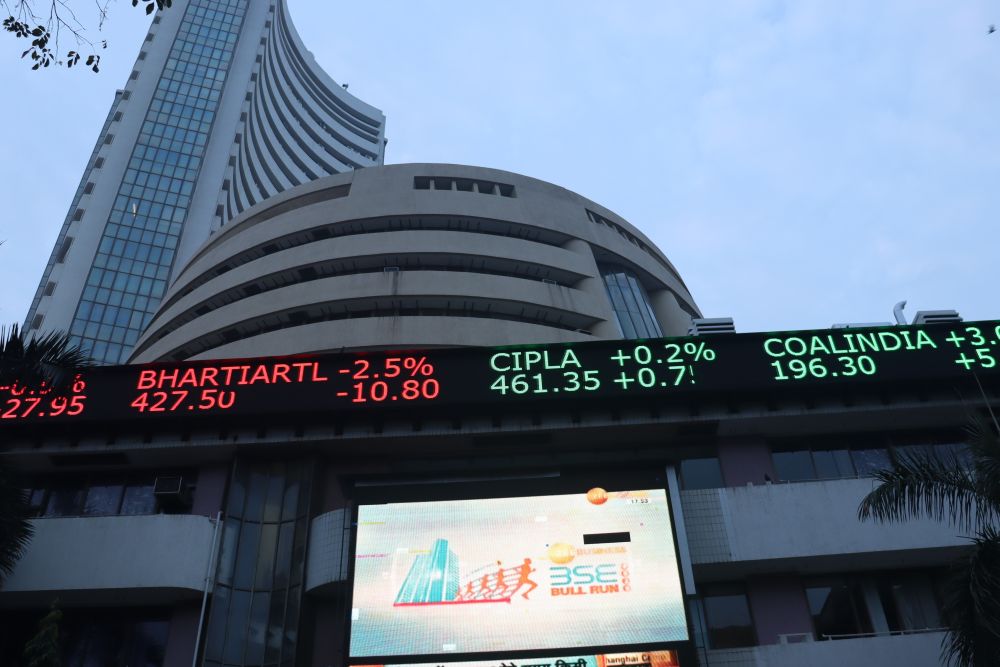
The unprecedented global growth of large tech giants (likes of Amazon, Flipkart, Google, WhatsApp, Uber) has demonstrated that data and technology have become a valuable source of power. It has disintermediated legacy players, empowered customer and suppliers, created supply chain model and introduced management practices that are quickly scalable across the globe.
Technology-driven digitization has penetrated every human activity; it is an indispensable tool for enterprises to develop competitive strategies, enhance competitive advantages and forestalling competitive forces. Smart data mining and analytics provide customer insights, improving scale, scope, size, and value of the business.
In this backdrop, the tech-savvy purpose driven millennia and Nexgen customers and talent are now a force to reckon in the 21st century supply chain.
The millennial believes in fostering an inclusive and collaborative environment, emotional relationship, demand instant rewards and gratification, and integrate work and life. For them, the enterprise mission, impeccable reputation, social contributions derive financial value and health and not vice versa. Successful enterprises must now accommodate the millennial's tech-savviness aspirations, work ethics, values, pride and self-gratification needs. They have to change their value domains, work culture, and adapt to global management practices.
Technology, digitization, and millennials have redefined core corporate values, culture and structure, requiring dynamic transformation and makeover in enterprises' leadership, talent, culture, and governance.
The leadership challenge, imagination imperative
The challenge for every leader is to understand the difference between the millennial and the conventional customer and talent, the evolution of a tech-savvy millennial enterprise, the interaction of technology and millennial in the marketplace and work, the convergence of work and social media. Leaders have to build a multi-generational millennial oriented collaborative framework and a leadership pipeline and choose the right enterprise strategy that is aligned with corporate vision.
Technology and digitization, an indispensable tool to expand the pie
Leveraging technology and digitization is now quintessential to expand scope and size, meet the millennials, connect the global marketplace, and internalize global management practices.
The penetration of personal digital assistant in many emerging markets, especially India where literacy is relatively low, has debunked the idea that technology without literacy is unadaptable. The democratic nature of technology, fuelled by human ingenuity, has improved the scope and scale of businesses, connected industry players, empowered customers, and created a new breed of technopreneurs. As urbanization and millennials share in the economic growth and as populations age, technological automation provides the much-needed support and hedge to mitigate labour shortage and costs.
Dynamically adapt, be agile and future ready
As usual, enterprises will be challenged to tackle competing or contradicting priorities. The brighter future is for those future-focused enterprises and leaders that believe in their core purpose and value, leverage human capital and technology, embrace change, adapt good governance, manage risk, and seize the opportunity presented through dynamic adaptation and convert contradictions to opportunities.
The best performers will also enhance customer experience and employee engagement, develop an agile learning enterprise, internalize global practices, anticipate change, and risks, leverage scalable technology and human ingenuity, collaborate and cooperate, mitigate knowledge asymmetry and arbitrages.
Technology and digitization, the catalyst for collaboration, connectivity, and convergence for an inclusive growth
The world of B2B and B2C supply chains as well as banks have collaborated and converged dramatically over the past decade to secure customer experiences. This inclusive growth of e-commerce, e-governance, and e-banking solutions and social commerce models have transformed the way consumers, stakeholders, and businesses transfer value, unencumbered by legacy supply chain systems.
Gopul Shah is director of Corporate Treasury and Structured Trade Finance at Golden Agri-Resources.This article was originally published in the CFO Insights Magazine, a publication of YES BANK.









